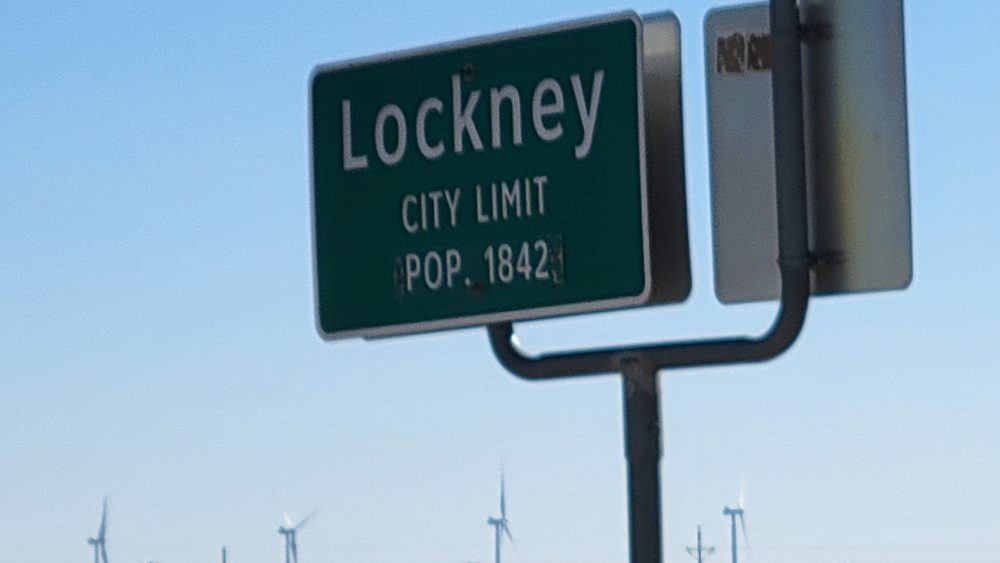
In order to truly understand the relationship that we have with God through Christ one must understand the fundamental nature by which God has dealt with creation; including the crown of His creation, mankind. Throughout the Biblical text, God’s interactions with mankind have been via contractional agreements known as covenants…but what exactly is a God-induced covenant like. Like any contract, it has terms and conditions with penalties noted for a failure to meet those conditions. Sometimes there are elements within a covenant that is unconditional, meaning they will be met with no requirements on the part of mankind.
When it comes to a covenant authored by God, the first thing that should be noted is that they are non-negotiable, which means that God sets the terms, and mankind does not have the option to negotiate those terms in any way. It could be simply stated as, ‘take it or leave it.’ Thus, when God makes a covenant, it is not subject to alteration or change by the receiving party, and God is faithful and stands firmly by the covenants that He offers.
Additionally, it is of great importance when examining one of the covenants that God has made to consider a few factors. Consider who the covenant is made with. Not every covenant in scripture is made with all of humanity. Take for example the covenant God made with the people of Israel, commonly referred to as the Old Covenant or Old Testament. (Note that the portion of the Bible that we refer to as the Old Testament contains several covenants other than the one made solely with Israel, but the one with Israel dominates the greater portion of the Old Testament Scriptures.) This covenant, as is obvious in its address and contents, is a covenant that God made with one specific group of people, those descended from Jacob (who God renamed Israel in Genesis 32:35). Since the Biblical narrative tends to focus on those God has a covenant relationship with, we can often miss the fact that Abraham had many sons and in turn many grandsons. Genesis 25:1-6 informs the reader that beyond the son Abraham had with Sarah’s Egyptian handmaiden Hagar (Ishmael) that he had an additional wife named Keturah who bore him six sons and later in verse six mentions sons of concubines…not the plural of concubines…so, besides the second wife, he had some unknown number of concubines who bore him an unknown number of sons. Thus, Abraham truly had many sons, but only descendants of one son, the son of Sarah, were included in the covenant God made with Israel; all the other descendants of Abraham through all these other sons were not included in this covenant. Likewise, no other people of the world of that time were included in that covenant…it was exclusively between God and those who could trace their ancestry back to Jacob (Israel). Thus, the reason they are often referred to as the children of Israel.
In contrast, take the covenant God made after the flood. In this covenant, He promised never to purge the face of the entire planet again with a worldwide flood. As can be seen in Genesis 9:11-17, this was not a covenant between just God and Noah, but all of creation. Note the terms throughout this passage ‘all flesh’ (4 times), ‘every living creature (2 times) that is with you, for perpetual generations’, ‘between Me and the earth’. Note also, the promise is to perpetual generations…all offspring to follow.
This also brings us to another point to consider. While the Flood Covenant has no expiration date or criteria, other covenants do and is a point that should be identified when examining any covenant God has made…and determining if that point of expiration has passed and when. It is clear from the Flood Covenant that it is everlasting. It says so in Genesis 9:16 and is implied in Genesis 9:12 with the term ‘perpetual generations.’ Thus, as long as there are still inhabitants on the earth, it will not be purified by a global flood.
What about the covenant with Israel, also referred to as the Mosaic covenant, because at mount Sinai it was ratified between God and the children of Israel, with Moses serving as the mediator or representative for all of Israel. This covenant and the law that was interwoven with it had a criterion that, once met, would terminate it. Throughout scripture, this arrangement between God and Israel is referred to as a covenant, a testament, and as the law. Paul presents a clear dissertation on this matter in Galatians 3:1-4:7. I will leave it in the hands of the reader to pick up your Bible and give careful consideration to Paul’s words. The main point is that the Law was a temporary pact with Israel until the promised seed of Abraham (the Messiah) appeared and fulfilled His duty in purchasing with His blood the true covenant between God and creation…a covenant of reconciliation (Colossians 1:19-23). Paul states that once this occurred then the Law had served its purpose and was no longer needed.
The Hebrews writer likewise presents this argument, using the term covenant throughout the entirety of the book. Hebrews is one of those books that almost needs to be digested in one sitting as it is one continuously building argument for the superiority of the New Covenant in Christ. In chapter eight, the writer presents the sum of what he had been saying to that point and closes that chapter with the words, “In that, He says, ‘A new covenant,’ He has made the first obsolete. Now what is becoming obsolete and growing old is ready to vanish away.” Nearly two thousand years ago the inspired writer of Hebrews stated that God has made the first obsolete. I do not believe I need to spend much time educating the reader on what obsolete means. After all, most reading this article have seen plenty of things become obsolete. I challenge you to go to any store selling new electronics and try and purchase a new 8-track cassette player or a plain cassette player for that matter; how about a brand new VHS player? At this point, most new computers you buy do not come with a CD/DVD player. Why are these products no longer being produced; because something new has made them obsolete, and they are vanishing away.
The New Covenant purchased with the sacrifice of the Messiah (the promised seed) made the Covenant with Israel obsolete. Israel no longer needs that exclusive covenant as they along with the rest of the people of the world are included in the New Covenant established on the promise God made 430 years before making a contract with the children of Israel at mount Sinai (it is in the Galatians reference above). Paul likewise builds this argument throughout his letter to the Romans, persuading them that they are now free from the previous covenant and the law it contained.
There is so much more that can be said, that needs to be said, and will be said in next week’s article. Till then, spend some time reading Romans, Hebrews, and Galatians3:1-4:7. There is a lot to digest, and try to read each straight through to maintain the writer’s train of thought. However, digging really deep takes time. At the Main Street Church of Christ in Lockney, we have been going through the book of Hebrews on Wednesday nights (7 PM) since September of last year and are just now partway through chapter eleven. There is a lot contained in this relatively short book. You are welcome to join us for the rest of Hebrews and whatever book of the Bible we tackle next…I am thinking of Romans or Revelations. Wednesday nights, we do textual studies, and Sunday mornings (9:30 AM), we do topical studies.
(Carl Hartman is the Minister at Main Street Church of Christ in Lockney)




